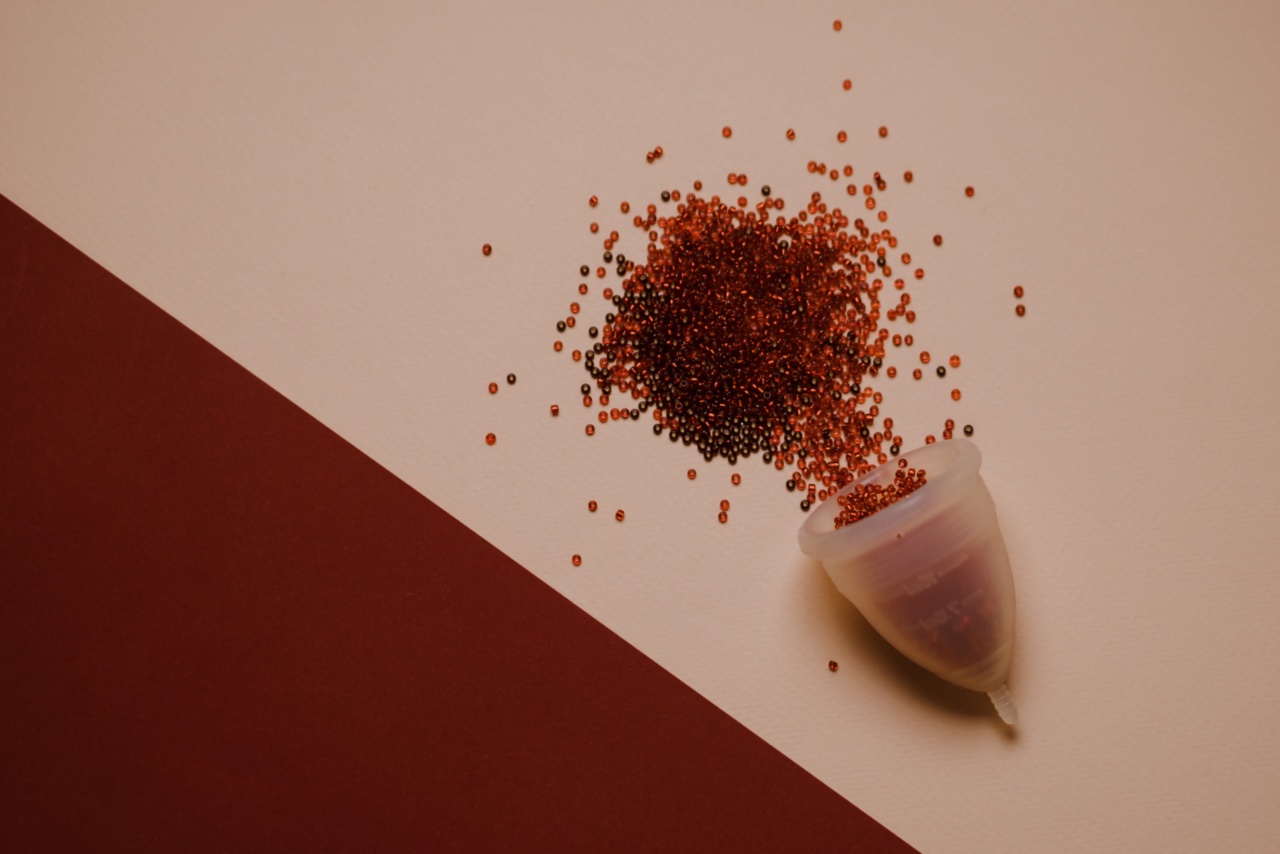Period bloating is a common discomfort experienced by many women during their menstrual cycle. It is characterized by a feeling of fullness and tightness in the abdomen, accompanied by swelling and water retention.
While bloating is a natural part of the menstrual cycle, it can be bothersome and affect daily activities. The good news is that there are several healthy habits you can adopt to reduce and prevent period bloating. In this article, we will explore ten effective strategies to help you relieve bloating and feel more comfortable during your period.
1. Stay Hydrated
Drinking plenty of water can help flush out excess fluids from your body and reduce bloating. When you are dehydrated, your body tends to retain more water, leading to bloating.
Aim to drink at least 8-10 glasses of water daily, and consider having herbal teas or infused water to add flavor and encourage hydration.
2. Reduce Sodium Intake
Consuming high amounts of sodium can cause your body to retain water, exacerbating period bloating. Be mindful of your salt intake and try to reduce processed foods that are typically high in sodium.
Opt for fresh and whole foods instead, which are naturally low in sodium and contribute to overall health.
3. Increase Potassium-Rich Foods
Potassium is an important mineral that helps regulate fluid balance in the body. By including potassium-rich foods in your diet, you can offset the effects of sodium and reduce bloating.
Some excellent sources of potassium include bananas, leafy greens, avocados, white beans, and sweet potatoes.
4. Adopt a High-Fiber Diet
Fiber plays a crucial role in maintaining a healthy digestive system and preventing constipation, which can contribute to bloating. Include plenty of fruits, vegetables, whole grains, and legumes in your meals to boost your fiber intake.
Not only will this alleviate bloating, but it will also support overall gut health.
5. Avoid Carbonated Drinks
Carbonated drinks, including soda and sparkling water, can increase gas production and worsen bloating. The bubbles in these beverages can get trapped in your digestive system and cause discomfort.
Opt for non-carbonated drinks such as still water, herbal teas, or infused water to reduce bloating during your period.
6. Engage in Regular Exercise
Regular physical activity can help stimulate bowel movements and reduce fluid retention, thus alleviating bloating. Engage in exercises that you enjoy, such as brisk walking, jogging, swimming, or yoga.
Aim for at least 30 minutes of moderate-intensity exercise most days of the week to experience the benefits.
7. Practice Stress Management
Chronic stress can disrupt your hormonal balance and contribute to bloating during your period. Incorporate stress-management techniques into your daily routine, such as meditation, deep breathing exercises, yoga, or engaging in hobbies you enjoy.
Prioritizing self-care and relaxation can help alleviate bloating and improve your overall well-being.
8. Limit Caffeine Consumption
Caffeine is a diuretic that can increase urine production, leading to dehydration and exacerbating bloating. Limit your intake of coffee, black tea, and energy drinks during your period, or try herbal teas that are caffeine-free.
Opting for decaffeinated alternatives will help reduce bloating and keep you hydrated.
9. Consider Natural Supplements
There are several natural supplements that may help reduce period bloating. For example, you can try herbal remedies like ginger, fennel, or chamomile, which have been traditionally used to relieve bloating and soothe digestive discomfort.
However, it is important to consult with a healthcare professional before starting any new supplements.
10. Maintain a Balanced Diet
Eating a well-balanced diet is crucial for overall health and can also help prevent bloating during your period. Include a variety of fruits, vegetables, lean proteins, healthy fats, and complex carbohydrates in your meals.
Balancing your macronutrients not only provides essential nutrients but also supports a healthy digestive system.































